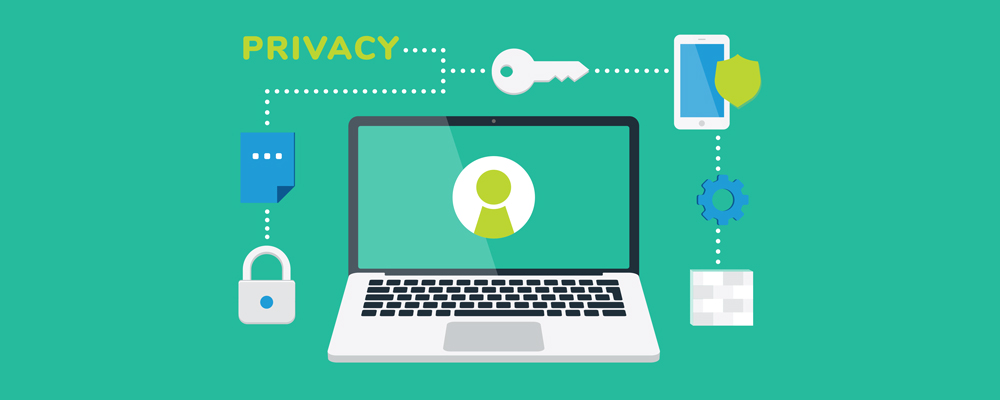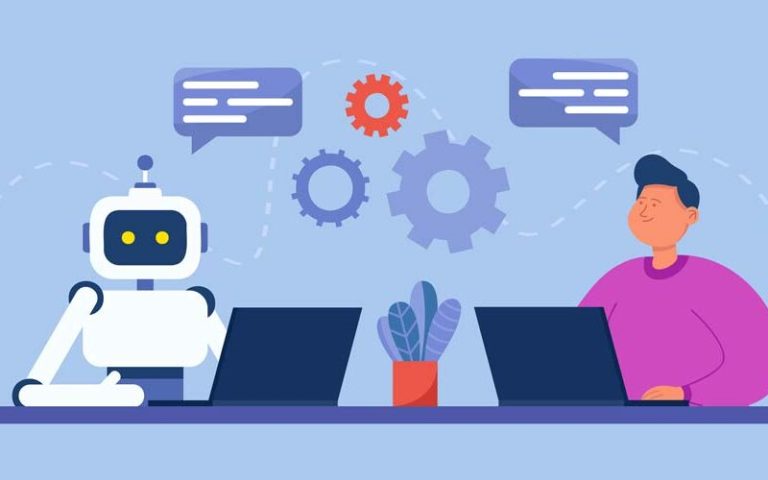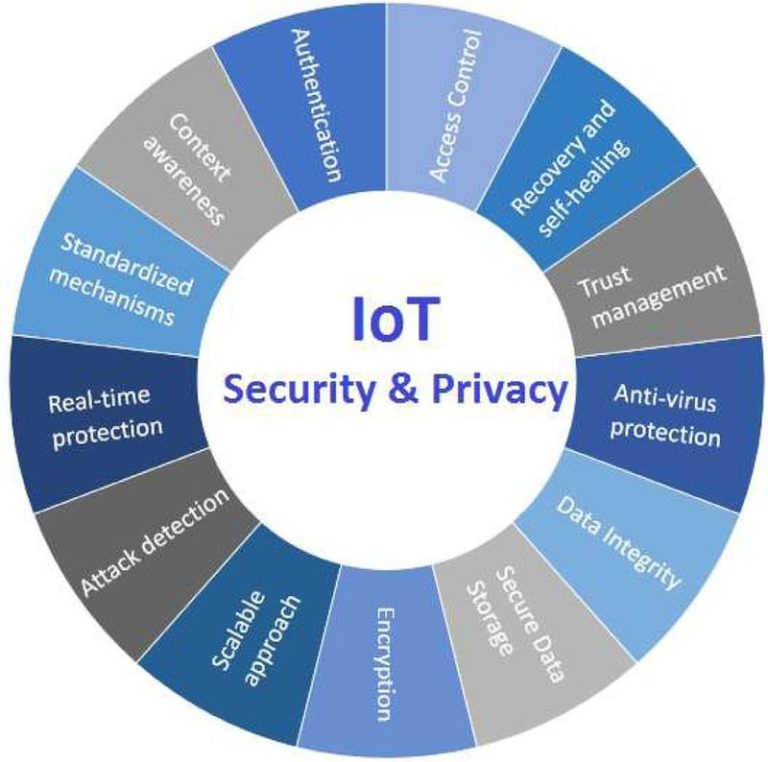Privacy Concerns When People Use Social Media
Privacy Concerns: People love social media. Staying Connected, But With Some Worries
We share pictures and feelings. We also see what they do. It feels nice to stay friends.
But there is also a problem. Many people worry about their privacy.
In this article, I will talk about why people worry, what they do to stay safe, and some easy tips we can all use. I will keep it simple and clear.
social media should be for us—not for anyone else to use however they want .
1. Why People Feel Worried
Sharing Too Much Without Noticing
It feels normal. But over time, all these small posts become a big collection of personal information.
social media should be for us—not for anyone else to use however they want .
And sometimes, we forget that not just our close friends—but many other people—can see them too.That seems fun.
But sometimes we post without thinking. Next thing, a stranger likes or comments. Suddenly, our information is not just with friends, but with many people.
Who Sees What
Platforms say we can choose who sees our posts. But settings are confusing. Many people do not fully understand them. So a post meant for friends may become public by mistake.
Or old posts from years ago may still be visible. That makes people uneasy.
Data Sharing with Others
Sometimes, companies share data with other companies. Maybe for ads, or for research. We don’t always know where our data goes. That makes trust vanish little by little.
Emotional Effects
We also feel uneasy about showing personal feelings on social media. What if someone mocks us? Or what if someone uses our feelings to hurt us? Some people stay quiet, or share less, just to feel safer.
social media should be for us—not for anyone else to use however they want .
What People Do to Protect Privacy
People worry, but they keep using social media. So, what do they do?
Tighten Privacy Settings
Many users go into settings and change who sees their posts. They may choose “Friends only” or even “Close friends.” Some people switch off location sharing or tag approvals. This gives them more control.
Think Before Posting
Some of us pause and think: “Do I want everyone to see this?” We may skip posting something personal, or wait until later. That small pause helps to avoid regrets.
Use Nicknames or Fake Names
Some people do not put their real name online. They use a nickname. This makes it hard for strangers to know who they really are.
Have More Than One Account
This helps keep things private. This separation helps control who sees what.
Limit App Permissions
On phones, social media apps ask for camera or contact access. Many people now say “no” if an app does not need those permissions. That keeps apps from accessing info they do not need.
ocial media should be for us—not for anyone else to use however they want .
Clear or Delete Old Posts
Some users clean up old posts. They delete old pictures, old comments, old check‑ins. This “digital spring cleaning” makes their profile feel more personal and less open.
Use Extra Tools
Some use private messaging apps instead of public posts. Others use new apps that do not store data. And some set automatic deletion of their posts after a day or week. Why Privacy Is Hard
Even if people want to keep their info private, it is not easy. Some things make it tough.
social media should be for us—not for anyone else to use however they want .
Feeling Like You Have to Share
We see friends sharing photos from birthdays or trips. Everyone is sharing. So we feel like we should share too. Even if we want to stay private, this pressure makes us share more.
Privacy Rules Are Hard to Understand
Most apps have long, boring privacy rules. Most people do not read them because they are hard to understand. That makes it hard to trust apps. Privacy Concerns
Staying Safe
If we share less personal things, we stay safe. People can not easily use our info in a bad way. It also helps stop spam, fake accounts, and people trying to trick us. Privacy Concerns
Feeling Okay
Sometimes we share things quickly and then think, “I should not have done that.” Maybe it was too much or too personal. Being careful helps us avoid that feeling.
Controlling what we post helps us avoid that regret. It keeps our mind clear and free from stress. Being careful helps us avoid the regret voice in our head tomorrow.
Digital Footprint
Every post leaves a trace. Employers, schools, or new friends might look at it. Having thoughtful control over posts helps you present yourself as you want.
Tips for Better Privacy
Here are some easy steps people can try:
Check settings regularly. Make sure old posts are locked down.
Think before you post. Ask: “Will this cause trouble later?”
Share less personal info. Dates, addresses, phone numbers—keep them off public view.
Review friend list. If you have not spoken with someone for years, maybe remove them.
Know app permissions. Only allow access to what is necessary.
Final Thoughts
It does not take lots of time, but it brings peace. Social media should be for us—not for anyone else to use however they want .
Everyone’s story is different. Some will share more, some less. The point is: stay aware. Use your voice, your story—but keep control of what you share. That is what privacy really means. A safe, thoughtful space for you.







